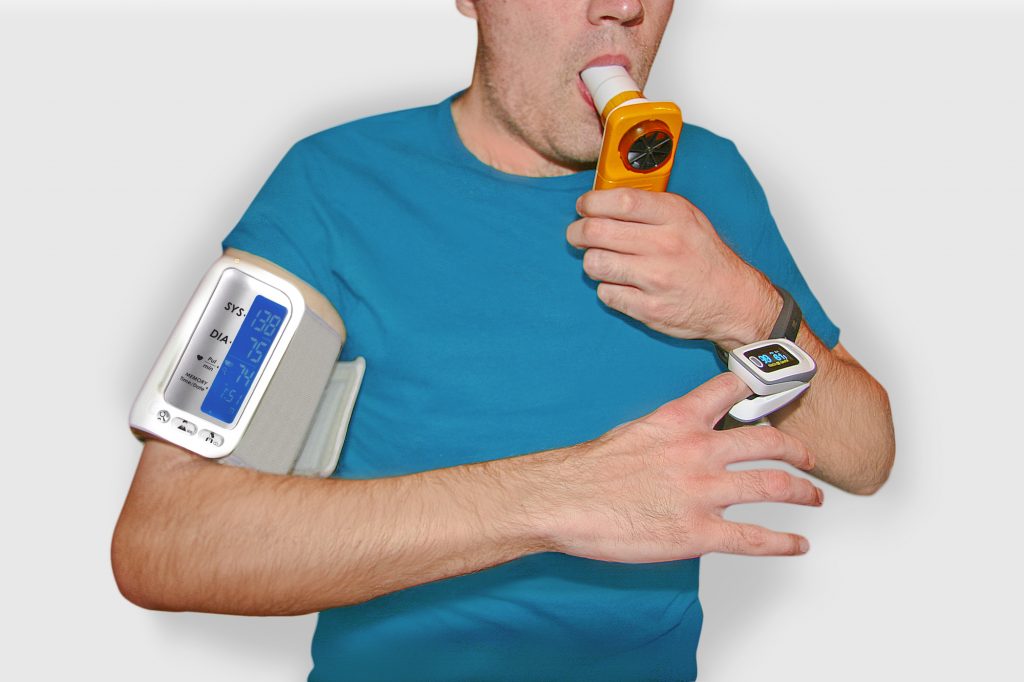Young people are more likely to consult “Dr Google” to understand their symptoms, and then seek the advice of a GP to confirm their diagnosis.
This willingness of the Internet Generation to research their symptoms online, points to a clear opportunity to ensure this is supported by self-care education to help understand the information and act accordingly.
Could this attitude to self-learning about healthcare and increased health literacy be the simple and low-cost way to save the NHS from bankruptcy?
The report Self-Care Nation by PAGB (Proprietary Association of Great Britain which is the UK trade association which represents the manufacturers of branded over-the-counter medicines, self-care medical devices and food supplements) thinks this may be the “silver bullet” (1) and may be a practical way to implement the NHS’ own Five Year Forward View by Simon Stevens, the NHS boss (2).
The report highlights that when we understand the impact of using our GP and A&E services, where the same advice and/or treatment is available from a pharmacy, many of us would change our behaviour to save the NHS – especially young people who are used to self-learning new skills.
It seems we all really value the NHS and want to preserve it as a “Free at the Point of Use” service for everyone and are willing to learn about healthcare.
“GP and A&E visits for self-treatable conditions are costing the NHS an estimated £2.3 billion a year (about 2% of the total NHS budget) and are placing additional pressure on these overstretched services that need to be available for more serious medical conditions.” After reading this statement, 80% of those surveyed would rethink the most appropriate service to use for a self-treatable condition.
Self-Care is defined as “The actions people take for themselves and their families to promote and maintain good health and wellbeing and to take care of their self-treatable conditions.”
This can include making sure your home medicine cabinet is well stocked, to supporting older parents and children to monitor long-term conditions using home-use medical devices for conditions such as: asthma, diabetes (Type 1 and 2), respiratory and cardiovascular diseases and simply staying physically active.
When people were made aware of the personal cost of self-care compared with the financial impact on the NHS, 29% who qualified for free prescriptions said they would be willing to purchase an over the counter medicines for a self-treatable condition (like paracetamol for example) instead of visiting the GP for a prescription, if it would save the NHS money.
There may also be less altruistic reasons for engaging in our health-based education. It saves us time and money too!
• 69% said that Self-Care was quicker than seeing a GP;
• 60% said Self-Care was easier and more convenient for the individual;
• 46% said that it meant not having to take time off work for an appointment; and
• 54% said it was cheaper than paying for a prescription [for over the counter medications like pain killers].
Learning how to better look after our own health and transferring the skills from Healthcare Professionals to the rest of us was also a key recommendation from this report.
71% thought there should be better education around self-treatable conditions and that there should be relevant services to encourage more people to self-care.
More support from local authorities and the government would be welcomed. 27% thought the council could provide self-care information and 22% said local authorities could drive awareness around self-care campaigns.
The convergence of the “Internet of Things” technologies, the increasingly aged population with ever more complex health conditions, the pressures on the NHS and the increasing sophistication of Artificial Intelligence solutions to monitor our health and wellbeing from our own online health data held separately from our NHS records, are creating a grass-roots movement towards Self-Care.
Investing in improving health literacy (education) of this nation’s younger generations and up-skilling this Internet Generation at a population-level via local and low-cost channels such as local authority, sport and education services, looks like it will give the greatest return on investment.
Perhaps the key to ensuring the survival of the NHS is not to spend more on funding it, but to shift investment to population-level healthcare education so that we need to use the NHS less.


References:
[1] Self Care Nation. Self-Care attitudes and behaviours in the UK. http://www.pagb.co.uk/content/uploads/2016/11/PAGB-SELF-CARE-NATION-REPORT-NOVEMBER-2016-1.pdf (lasts accessed 6.2.17)
[2] Five Year Forward View. https://www.england.nhs.uk/wp-content/uploads/2014/10/5yfv-web.pdf (last accessed 6.2.17)
